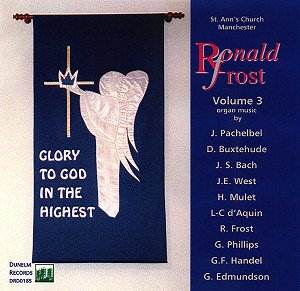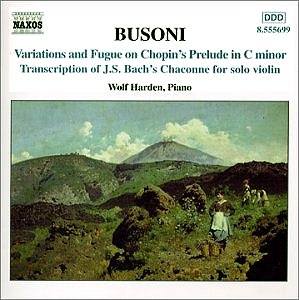 Composer: Claudio Monteverdi
Composer: Claudio Monteverdi
Works: Banquet of the Senses
Performers: The Consort of Musicke; Anthony Rooley, director and lute; Emma Kirby, soprano; Evelyn Tubb, soprano; Mary Nicols, alto; Andrew King, tenor; Joseph Cornwell, tenor; Simon Grant, bass; Gabrielle Micheli, organ
Recording: Filmed at the Palazzo Te, Mantua, Italy
Label: BRILLIANT CLASSICS 99784
Claudio Monteverdi, a pivotal figure in the transition from the Renaissance to the Baroque, crafted a body of work that not only redefined vocal music but also explored the depths of human emotion and eroticism. His madrigals, particularly those featured in the “Banquet of the Senses,” encapsulate the sensuality and intimate experience of music-making in the early 17th century. This DVD, directed by Anthony Rooley and performed by the Consort of Musicke, presents a refreshing and engaging approach to Monteverdi’s repertoire, merging performance and documentary in an innovative format.
The performance is notable for its lively interpretation and the performers’ palpable enjoyment, which draws the viewer into the historical ambiance of the Palazzo Te, an architectural jewel of Mantua. The opening piece, “Quel augellin,” sets a festive tone, with singers in period attire surrounding a table laden with food and wine, evoking a convivial atmosphere reminiscent of Monteverdi’s own time. The alternation between musical selections and Rooley’s insightful commentary provides a dual lens through which to appreciate these madrigals. While the documentary segments offer valuable context regarding performance practices and the erotic themes prevalent in Monteverdi’s work, they can disrupt the musical flow, necessitating some navigation through the tracks to maintain the immersive experience.
The interpretation choices made by the Consort of Musicke deserve particular attention. Each singer’s voice is distinct yet harmoniously integrated, showcasing the rich textural interplay characteristic of Monteverdi’s style. Emma Kirby’s crystalline soprano shines in “Ah dolente patita,” where her nuanced phrasing conveys the profound sorrow embedded in the text. Conversely, the ensemble’s approach to “Parlo misero,” highlighted by the visual presentation of the three female singers in diaphanous attire, underlines the sensuality inherent in the madrigal’s lyrics, demonstrating a contemporary understanding of performance that does not shy away from the work’s provocative nature.
Recording quality is pristine, with a clear balance between vocals and the lute accompaniment, allowing for the intricate counterpoint and harmonies to emerge vividly. The engineering captures the acoustic warmth of the Palazzo Te, enriching the listening experience. The sound design effectively contrasts the intimate nature of the madrigals with the grand setting, thus enhancing the thematic dichotomy of public performance versus private emotion.
When compared to other recordings of Monteverdi’s madrigals, such as those by the famed Concerto Italiano under Rinaldo Alessandrini, this DVD offers a more theatrical and visually engaging experience. While the latter may provide a purist approach to the music, Rooley’s interpretation embraces a more holistic presentation, merging historical context with a modern sensibility that resonates with contemporary audiences.
This engaging presentation of Monteverdi’s madrigals is a testament to the enduring relevance of his work. The “Banquet of the Senses” not only entertains but also educates, inviting viewers to explore the multifaceted layers of emotion and expression within Monteverdi’s oeuvre. The combination of excellent musicianship, thoughtful interpretation, and immersive visuals creates a fulfilling experience that celebrates the richness of early music while making it accessible to a broader audience.


